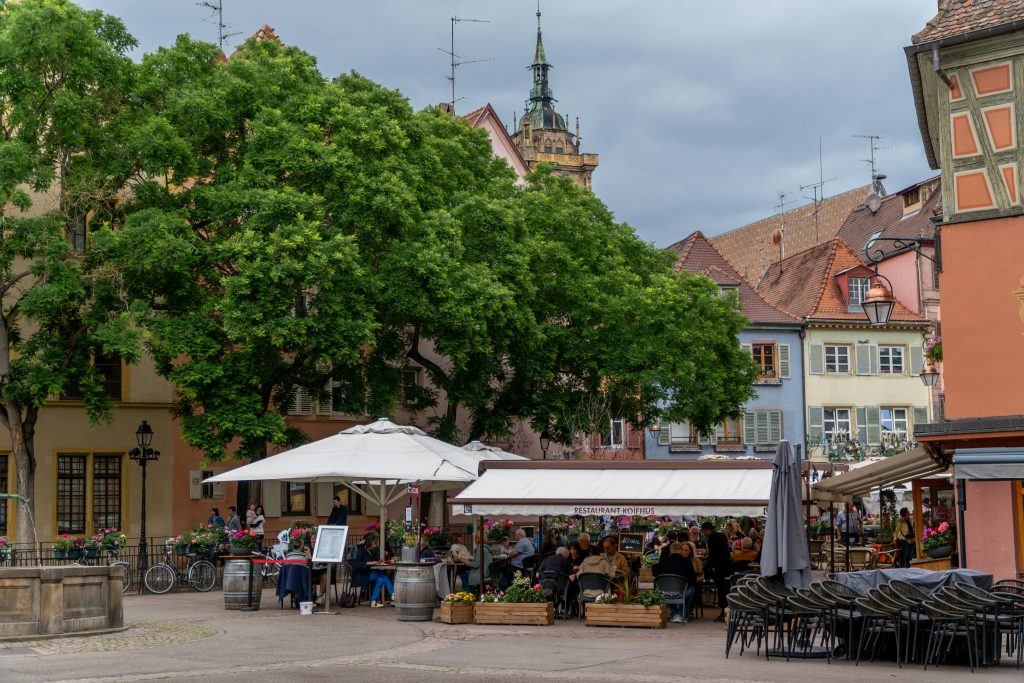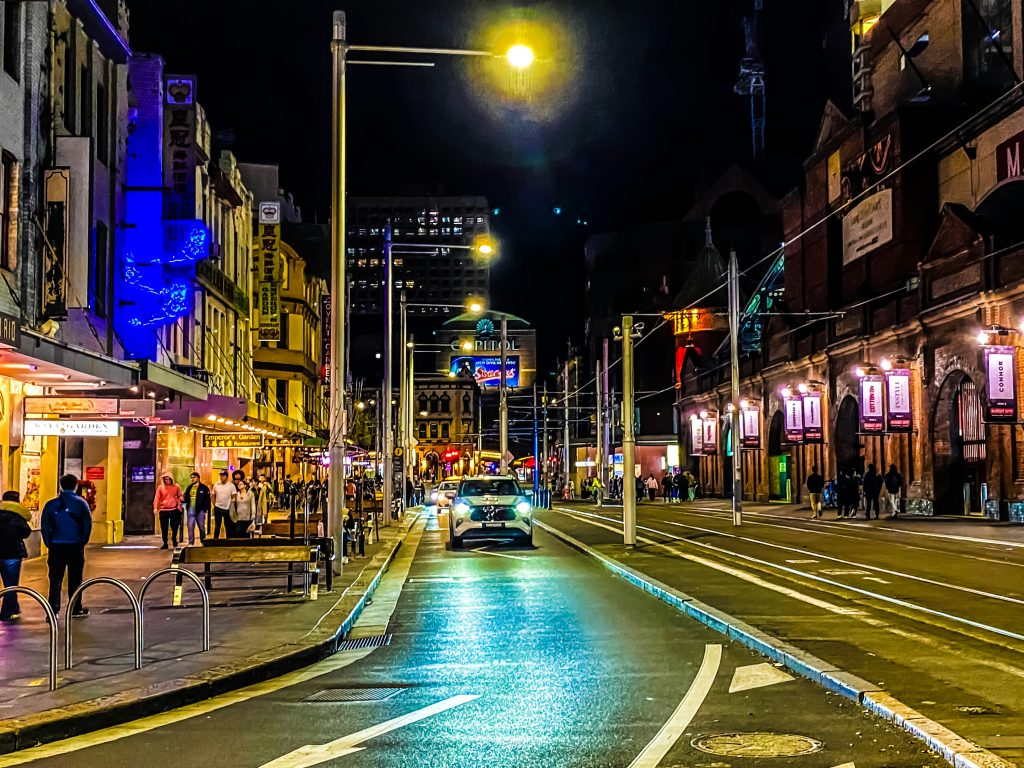Tensions Rise in Birmingham: Community Voices and Citizen Journalism Take Center Stage
In a gripping turn of events, the Birmingham riots have captured the attention of the public and media alike, unveiling a complex tapestry of community sentiments and the role of citizen journalism in modern activism. The unrest, which erupted in response to a series of escalating tensions within the community, has prompted a significant police response and raised critical questions about public safety and civil rights.
As the situation unfolded, a West Midlands Police officer found himself at the center of a unique interaction with a man who identified himself as a citizen journalist. This individual, equipped with a smartphone and a desire to document the unfolding events, livestreamed their conversation to a growing audience online. This moment underscored the power of social media as a tool for grassroots reporting and community engagement, as viewers from all walks of life tuned in to witness the events as they happened.
The presence of citizen journalists has become increasingly prominent in protests and riots around the world. By sharing real-time updates and perspectives, these individuals provide a counter-narrative to traditional media coverage, often reflecting the voices of those directly affected by the incidents. In Birmingham, the citizen journalist’s livestream not only captured the immediate atmosphere but also sparked a dialogue among viewers, who offered their opinions and support from afar.
As the riots continued, the community’s frustrations became palpable. Many residents expressed their feelings of discontent regarding local governance, social inequality, and perceived injustices. The streets of Birmingham turned into a battleground of ideas, where voices clamored for attention amidst the chaos. The riots, while a display of unrest, also revealed a deeper yearning for change and recognition.
The police response has been multifaceted, with efforts to maintain order while also addressing the concerns of the community. Law enforcement officials have faced criticism for their tactics, which some argue have exacerbated the situation rather than alleviating it. The dialogue between police and citizens is crucial in restoring trust and safety, and the presence of citizen journalists adds another layer to this intricate relationship.
As the events continue to unfold, it is clear that Birmingham is at a crossroads. The riots may serve as a catalyst for change, prompting discussions about social justice, community engagement, and the role of citizen journalism in shaping public discourse. The power of the people, amplified by technology, may lead to a new era of accountability and transparency in both governance and media.
In conclusion, the Birmingham riots have not only highlighted the tensions within the community but also the significant impact of citizen journalism in bringing these issues to light. As citizens take up the mantle of reporters, the line between observer and participant blurs, leading to a more engaged and informed populace. The call for change echoes through the streets of Birmingham, and as the community comes together to address the underlying issues, the dialogue must continue, both online and offline, to foster understanding and progress.
Tags: Birmingham, Birmingham riots, citizen journalism, community engagement, riots, social justice
Birmingham’s Vibrant Landscape: A Mix of Hospitality Changes and Culinary Innovations
Birmingham, a city known for its rich cultural tapestry and industrial heritage, is experiencing notable shifts in both its hospitality and food sectors. Recently, the iconic apartment-hotel, Staying Cool at Rotunda, closed its doors after a successful 15-year run. This closure marks the end of an era for a venue that has offered visitors a unique blend of modern comfort and panoramic views of the city skyline.
The Rotunda, which became a symbol of Birmingham’s urban revival, provided not just a place to stay but also a distinctive experience, attracting both business and leisure travelers alike. Its closure raises questions about the future of hospitality in Birmingham, especially in a post-pandemic landscape where the tourism industry is still recovering. As the city adapts to changing consumer preferences and economic challenges, the hospitality sector must innovate to remain competitive.
In contrast to this shift in accommodation, Birmingham’s food scene is witnessing exciting developments. The Birmingham Food Council has taken an innovative approach to engage food sector professionals, planners, and policymakers by creating a game designed to enhance understanding of systemic shocks within the food industry. This initiative aims to foster collaboration and improve resilience against future disruptions. By simulating various scenarios, participants can explore the complexities of food systems and develop strategies to address challenges such as supply chain disruptions, sustainability concerns, and public health issues.
The game serves as a valuable tool for stakeholders to navigate the evolving food landscape and is a testament to Birmingham’s commitment to fostering a resilient and sustainable food ecosystem. As the city seeks to not only recover but thrive in the face of adversity, initiatives like this highlight the importance of innovation and cooperative efforts among local entities.
As Birmingham continues to evolve, it remains a city of contrasts, with its historical roots juxtaposed against a backdrop of modern challenges and opportunities. While the closure of Staying Cool at Rotunda signifies a shift in the hospitality landscape, the proactive steps taken by the Birmingham Food Council to engage stakeholders in meaningful dialogue represent a forward-thinking approach to the culinary arts.
As stakeholders in both sectors look towards the future, it is crucial for Birmingham to harness its entrepreneurial spirit and creativity to attract new visitors and support local businesses. The city has the potential to become a leader in sustainable tourism and food production, providing a model for other urban centers facing similar challenges.
In conclusion, Birmingham is at a crossroads, navigating the complexities of change within its hospitality and food sectors. The closure of a beloved hotel and the innovative responses from the Birmingham Food Council reflect the city’s resilience and adaptability. Moving forward, it will be essential for Birmingham to cultivate its unique identity, promote its culinary talents, and create an inviting atmosphere for both residents and visitors. By embracing change and fostering collaboration, Birmingham can secure its place as a vibrant and dynamic city for years to come.
Tags: Birmingham, Food Innovation, Hospitality, Sustainability, Urban Development


